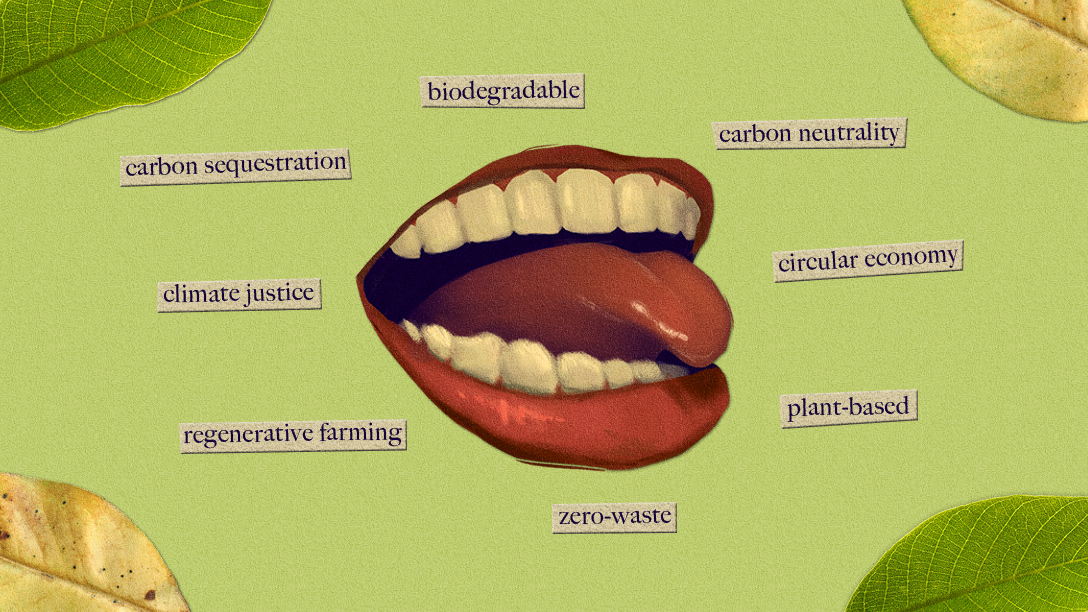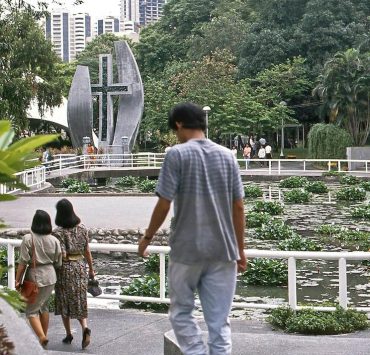Other than the “No Plastic” movement, the rise in popularity of sustainable practices in recent years is best encapsulated in the terms it catapulted to the mainstream. “Sustainability” itself is an all-encompassing term that over time has been co-opted by big corporations and companies for their corporate social responsibility projects, ultimately leading to the erosion of its greater meaning.
In recent memory, you may have encountered “carbon offsetting” or more commonly “carbon footprint,” a term that oil companies employed to shift responsibility to consumers. “British Petroleum, the second-largest non-state-owned oil company in the world, with 18,700 gas and service stations worldwide, hired the public relations professionals Ogilvy & Mather to promote the slant that climate change is not the fault of an oil giant, but that of individuals,” reads an in-depth report by Mashable on this supposedly deceptive public relations campaign.
Those who genuinely want to effect change have come up with quantifiable terms to combat this type of campaign so that those who contribute to carbon emissions the most (ahem, the ultra-rich, multinational corporations and even entire nations!) are held accountable.
But more often than not these new terms alienate or even confuse people, especially when brands use them for their own marketing ploys to “greenwash” their dubious operations.
To help you sift through what’s gimmick and what is real, we came up with a short glossary of sustainability terms that you ought to know, so you won’t fall prey to greenwashing.
These are also terms that you will often encounter here at Nolisoli. This is in no way exhaustive and definitive, but it’s a start!
Biodegradable
One of the often misused terms by brands looking to sell you supposedly eco-friendly alternatives, “biodegradable” is usually confused with degradable and compostable. It is defined in the scientific community as “the capacity for biological degradation of organic materials by living organisms down to the base substances such as water, carbon dioxide, methane, basic elements and biomass.”
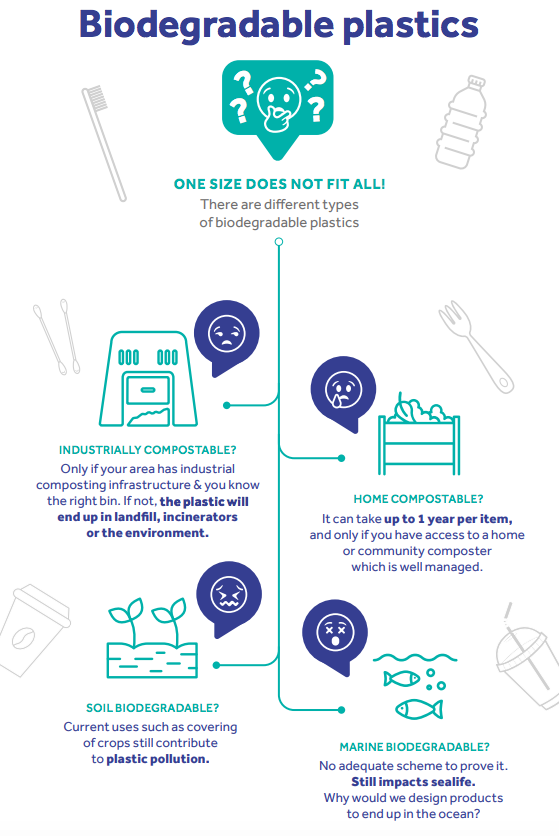
READ: “Biodegradable” plastic is not the solution it is posing to be
What manufacturers fail to tell you about their “biodegradable” products, especially plastic, is that even if microorganisms were to break them down, there remains microscopic remnants that prove to be even more problematic: microplastics. Learn about that one, too.
[READ: There’s plastic in the air, and this Google Arts Experiment will show you where it’s from]Carbon neutrality
Also known as net zero carbon emissions, simply put, it means every ton of anthropogenic (human-caused or -influenced) carbon dioxide emitted is compensated with an equivalent amount of carbon dioxide removed.
Carbon sequestration
The United Nations glossary of climate change acronyms and terms defines this as the process of removing carbon from the atmosphere and depositing it in a reservoir. Regenerative farmer, fashion designer and holistic lifestyle educator Hindy Weber made a case for sequestration through soil via forests last year. “Healthy soil sequesters excess carbon. We need biodiverse forests, community gardens, toxin-free and no-till farmlands to do this right now.”
Other than the soil, the Ecological Society of America lists oceans and geologic formations as possible carbon sinks.
Circular economy
In a nutshell, this concept means using resources more efficiently and for as long as possible—a reaction to linear economy (make, use, dispose). This entails giving things a second life but also encourages manufacturers to make products that are durable—not just in a way that plastic stays on Earth even beyond its functional lifespan. On a consumer level, that can also mean opting for ethically-sourced secondhand products like clothes or even electronics instead of buying new ones.
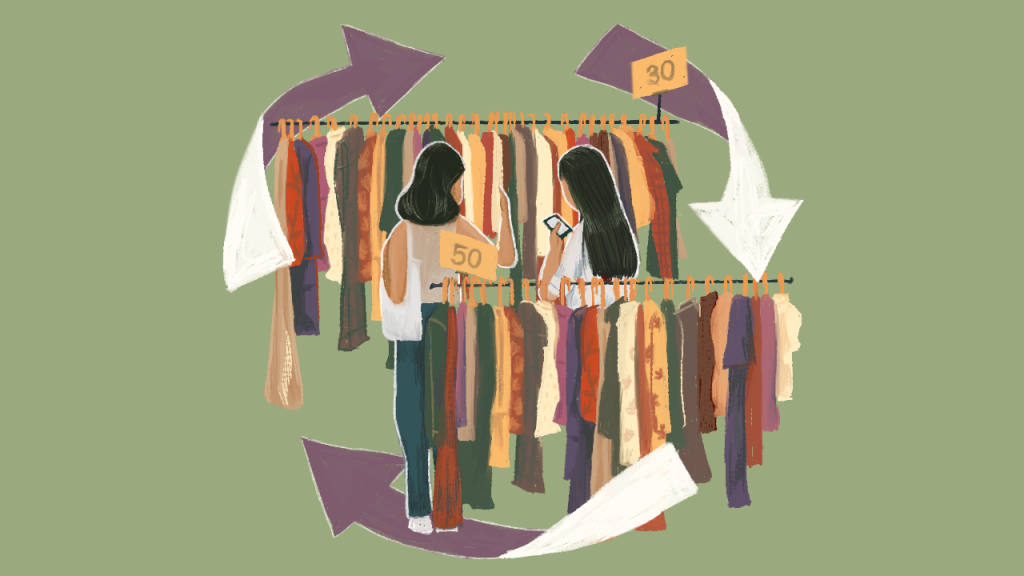
According to the World Economic Forum, circular economy “replaces the end-of-life concept with restoration, shifts towards the use of renewable energy, eliminates the use of toxic chemicals, which impair reuse and return to the biosphere, and aims for the elimination of waste through the superior design of materials, products, systems and business models.”
See also: Upcyling
Climate justice
Not everyone experiences the adverse effects of climate change the same way. What’s worse is, it disproportionately affects those in low-income communities, people of color, indigenous people, people with disabilities, older or very young people and women, who are also systemically more vulnerable.
Yale Climate Connection, a nonpartisan, multimedia service that aims to enlighten people about climate change, says climate justice’s ultimate goal is to “have these inequities addressed head-on through long-term mitigation and adaptation strategies.”
Plant-based
A lot of studies have already linked our food systems to climate change, which also suggests that eating less or no meat at all may be the way to go if we are truly to reduce our carbon emissions.

One of the innovations that has been picking up steam in recent years are plant-based meats made from plant tissue or fungi, as well as plant-based dairy alternatives.
[READ: Beginner’s guide to a plant-based diet, as told by a Mediterranean chef]Regenerative farming
This is not an entirely new concept. In fact, it was coined in the 1980s and gained new momentum in 2017. It’s an ecological approach to farming that enables natural systems such as lands to be renewed and to renew themselves (since industrial farming has messed up most soil). It’s a way of farming that doesn’t harm the environment and that cares for the future—it regenerates and strengthens soil, increases biodiversity, improves water cycles and generally enhances ecosystem services.
[READ: Farm to fashion: How regenerative agriculture makes fashion sustainable]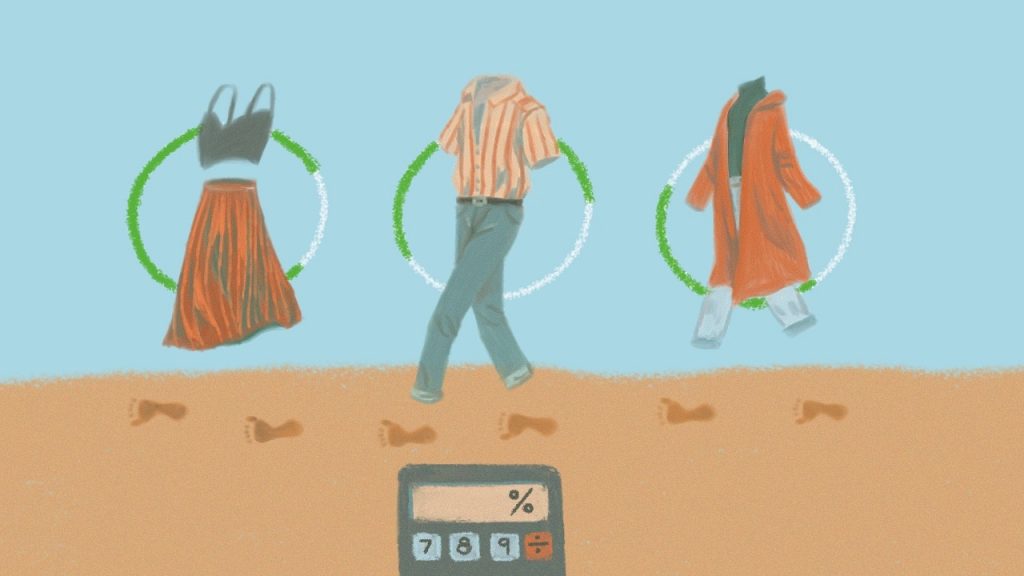
You may also occasionally read this term employed by fashion brands to refer to the way they procure cotton or other materials.
“As brands look to demonstrate their environmental commitments without relying too heavily on the word ‘sustainable,’ which has become so diluted from overuse that its meaning is vague at best, ‘regenerative’ is becoming an increasingly popular label for brands looking to position themselves on the cutting edge,” writes Fashionista’s senior sustainability reporter Whitney Bauck.
Zero-waste
“The conservation of all resources by means of responsible production, consumption, reuse, and recovery of products, packaging, and materials without burning and with no discharges to land, water or air that threaten the environment or human health.” This is how environmental professionals at the Zero Waste International Alliance define “zero-waste.”
[READ: These zero waste grocery stores in Metro Manila encourage you to bring your own containers]At the business level, many enterprises locally are using this term to describe their approach to retail which does not involve packaging, and where customers can refill their own containers with products that they need.


